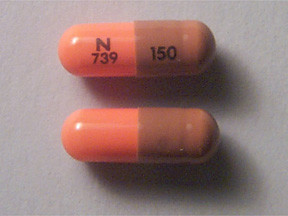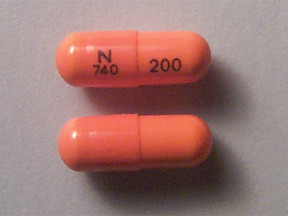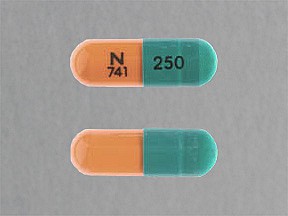MEXILETINE - ORAL
PHONETIC PRONUNCIATION: (mex-IL-e-teen)
COMMON BRAND NAME(S): Mexitil
GENERIC NAME(S): mexiletine HCl
Uses
USES: This medication is used to treat certain types of serious (possibly fatal) irregular heartbeat (such as persistent ventricular tachycardia). It is used to restore normal heart rhythm and maintain a regular, steady heartbeat. Mexiletine is known as an anti-arrhythmic drug. It works by blocking certain electrical signals in the heart that can cause an irregular heartbeat. Treating an irregular heartbeat can decrease the risk for blood clots, and this effect can reduce your risk of heart attack or stroke.
How to use MEXILETINE - ORAL
HOW TO USE: Take this medication by mouth with a full glass of water (8 ounces/240 milliliters and food or an antacid, usually 2 to 3 times daily or exactly as directed by your doctor. Taking this medication with food or an antacid helps to decrease certain side effects (nausea, heartburn). Ask your pharmacist if you have questions about which antacids to use with this medication. Dosage is based on your age, liver function, medical condition, and response to treatment. Use this medication regularly to get the most benefit from it. To help you remember, take it at the same times each day. Tell your doctor if your condition does not improve or if it worsens.
Side Effects
Precautions
Interactions
Overdose
Images

- color
- light orange
- shape
- oblong
- imprint
- N 739, 150

- color
- light orange
- shape
- oblong
- imprint
- N 740, 200

- color
- light orange
- shape
- oblong
- imprint
- N 741, 250

- color
- light orange
- shape
- oblong
- imprint
- N 739, 150

- color
- light orange
- shape
- oblong
- imprint
- N 740, 200

- color
- light orange
- shape
- oblong
- imprint
- N 741, 250
Reviews
Faq for MEXILETINE - ORAL
Mexiletine is an oral medication that belongs to the class of drugs called antiarrhythmics. It is used to treat certain types of irregular heartbeats, known as arrhythmias.
Mexiletine works by blocking certain electrical signals in the heart that can cause irregular heartbeats, helping to restore a normal heart rhythm.
Mexiletine is used to treat ventricular arrhythmias, which are abnormal heart rhythms that originate in the lower chambers of the heart (ventricles). It is often prescribed for conditions such as ventricular tachycardia and ventricular fibrillation.
Mexiletine is usually taken orally, with or without food. The dosage will depend on your condition and response to treatment. It is important to follow the prescribed dosage and schedule provided by your doctor.
Common side effects of Mexiletine can include dizziness, lightheadedness, nausea, vomiting, stomach pain, stomach discomfort, tremors, headache, and nervousness. If you experience any severe or persistent side effects, you should seek medical attention.
Yes, Mexiletine may interact with other medications. It is important to inform your doctor or pharmacist about all the medications you are currently taking, including prescription drugs, over-the-counter medications, and herbal supplements, to avoid any potential drug interactions.
Mexiletine should not be used if you have a known allergy to the medication or if you have certain heart conditions, such as heart block or a slow heart rate. It is important to disclose your medical history to your doctor before starting Mexiletine to ensure the medication is safe for you.
The use of Mexiletine during pregnancy or while breastfeeding should be discussed with your doctor. The potential risks and benefits must be evaluated based on your individual situation.
If you miss a dose of Mexiletine, take it as soon as you remember. However, if it is close to the time for your next dose, skip the missed dose and continue with your regular dosing schedule. Do not take a double dose to make up for a missed one.
The onset of action for Mexiletine varies from person to person. It may take several days or weeks for the medication to reach its full effectiveness. It is essential to continue taking Mexiletine as prescribed by your doctor, even if you start feeling better.
Warning
WARNING: Though this medication often gives great benefits to people with irregular heartbeat, it may rarely cause a serious new irregular heartbeat. Therefore, when starting treatment with this drug, your doctor may recommend that you stay in the hospital for proper monitoring. Talk with your doctor about the benefits and risks of taking this medication for your condition.
Disclaimer
IMPORTANT: HOW TO USE THIS INFORMATION: This is a summary and does NOT have all possible information about this product. This information does not assure that this product is safe, effective, or appropriate for you. This information is not individual medical advice and does not substitute for the advice of your health care professional. Always ask your health care professional for complete information about this product and your specific health needs.
No Reviews Yet